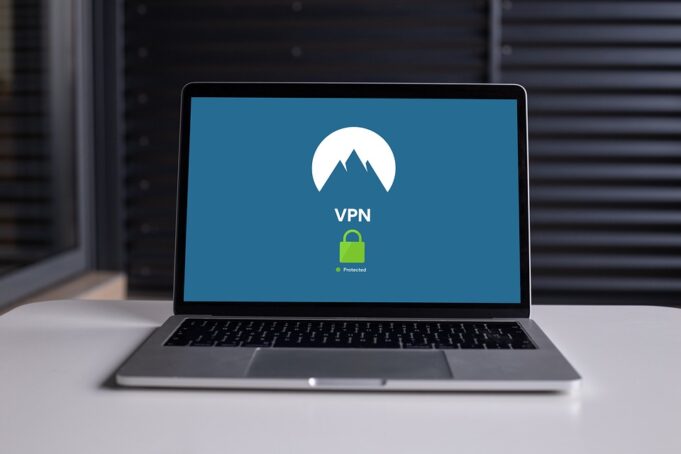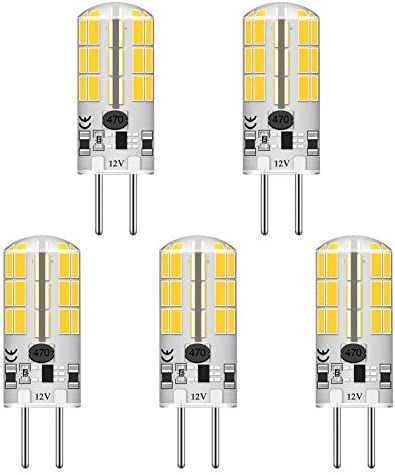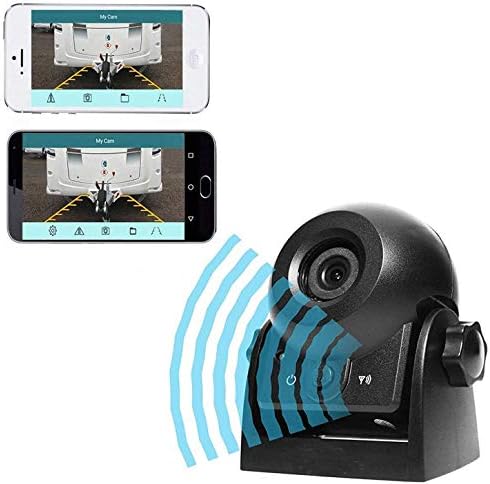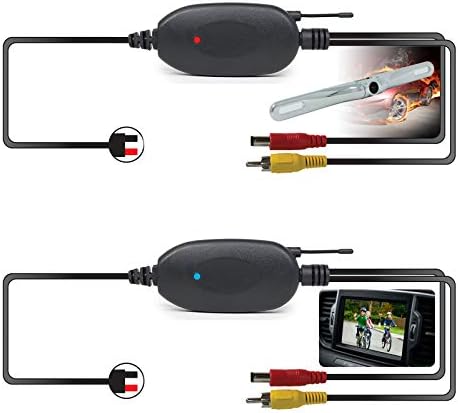Introduction
As the popularity of RV living continues to grow, so does the demand for comprehensive security systems to protect these prized possessions. With the rise of grand theft auto and other forms of property crimes, RV owners are taking their security into their own hands and exploring various options to safeguard their vehicles, including alarm systems, cameras, and safes. In this article, we will discuss the ultimate RV security system buying guide, exploring what you need to know to keep your RV safe and secure on the road.
Types of Security Systems for RVs
When searching for the perfect security system for your RV, you’ll come across various options on the market. Here are some of the most popular types:
1. Basic Alarm Systems
Basic alarm systems are the most common type of security solution for RVs. These systems typically consist of sensors that detect movement, vibrations, and temperature changes, triggering an alert (audible or silent) when breached. Some basic alarm systems include GPS tracking, allowing you to remotely monitor your RV’s location.
2. Advanced Alarm Systems
Advanced alarm systems are more sophisticated and often include:
- Motion detectors
- Door and window sensors
- Interior and exterior cameras (optional)
- Remote alarm monitoring and control
- GPS tracking and alert notifications
These systems often provide enhanced security features, such as cellular connectivity, Wi-Fi connectivity, or smart home integration.
3. Smart Home Security Systems
Smart home security systems integrate with your RV’s connectivity and often include:
- IoT-enabled devices (e.g., cameras, lights, sensors)
- Voice command interface (e.g., Alexa, Google Home)
- Cloud-based monitoring and alerts
Smart home security systems offer increased accessibility, automation, and customization options for your RV’s security needs.
Features to Consider
When selecting a security system for your RV, consider the following key features:
1. Sensor Selection
- Motion detectors: These should be placed in areas where foot traffic is likely, such as exterior stairs, doors, and hallways.
- Door and window sensors: Attach sensors to doors and windows to receive notifications when they’re opened or compromised.
- Glass break sensors: Triggered by the sound of shattered glass, these sensors provide an additional layer of security.
- Temperature sensors: This feature can detect changes in your RV’s internal temperature, alerting you to potential intrusions.
2. Alarm Types
- Audible alarm: A loud, attention-grabbing alarm that alerts potential thieves and your neighbors.
- Silent alarm: Allows authorities to respond discreetly when your RV is breached.
3. Communication Options
- Cellular connectivity: Allow the system to send alerts even without Wi-Fi or internet.
- Wi-Fi connectivity: Enable remote monitoring, settings updates, and alerts.
- Satellite communication: Useful for areas with limited cellular coverage.
- SMS and email notifications: Inform you of system events and intrusions.
4. Power Backup and Maintenance
- Battery backup: Ensure that the system remains functional during power outages or when the RV’s power is turned off.
- Solar charger or battery maintenance: Keep your backup battery charged and functional for optimal performance.
5. Upgradability and Customization
- Integration with other smart devices (e.g., lights, locks, thermostats)
- Customizable settings and zone management
- Expandable sensors or features (e.g., remote control, additional cameras)
6. Warranties and Support
- Look for manufacturers offering comprehensive warranties and dedicated customer support.
- Ensure the product meets your specific RV system’s requirements and compatibility.
7. Compatibility and Integration
- Compatibility: Ensure the system is compatible with your RV’s existing electrical and communication systems.
- Integration: Verify that the system can integrate seamlessly with your smart devices and other security features.
8. Cost and Value
- Initially, consider the upfront cost of the security system and any additional features or sensors you might need.
- Calculate the total value based on the system’s effectiveness, features, and user experience.
Conclusion
By understanding the various types of security systems for RVs and considering the key features discussed, you can find the perfect solution to safeguard your asset on the road. Remember to look for systems with cellular connectivity, upgradability, and customized options. Don’t forget to take note of the warranty, maintenance requirements, and compatibility with your RV system’s requirements. With the right security system in place, you can enjoy your RVing lifestyle with confidence, knowing your home-away-from-home is protected.
Frequently Asked Questions
Q: Can I monitor my RV’s security system remotely?
A: Yes, many modern security systems allow you to monitor and control your RV remotely through mobile apps or web-based portals.
Q: Do I need to install multiple sensors to cover my entire RV?
A: Typically, yes. Multiple sensors help ensure comprehensive coverage and can also trigger alerts in the event of multiple breaches.
Q: Is wireless connectivity a concern for RVs with limited cellular coverage?
A: Yes, consider systems with robust communication options, such as satellite communication, if you plan to use your RV frequently in areas with limited cellular coverage.
Q: How do I maintain my RV security system?
A: Regularly check sensors and batteries, update software if necessary, and ensure backup systems (e.g., battery) remain charged.
Q: Can I integrate multiple security systems into one comprehensive solution?
A: Yes, many modern security systems are designed with flexibility in mind, allowing for integrations with other smart devices and systems.













